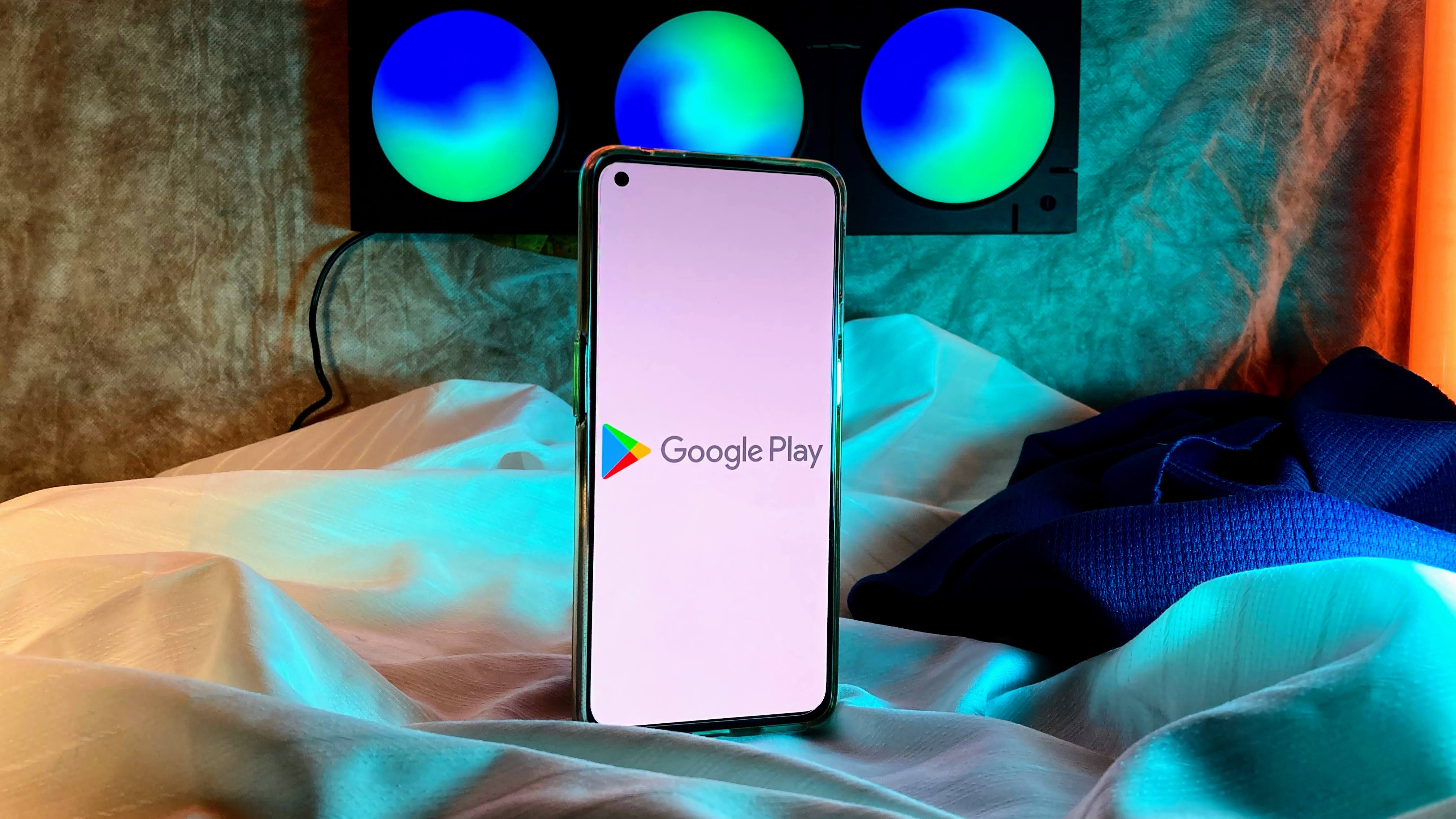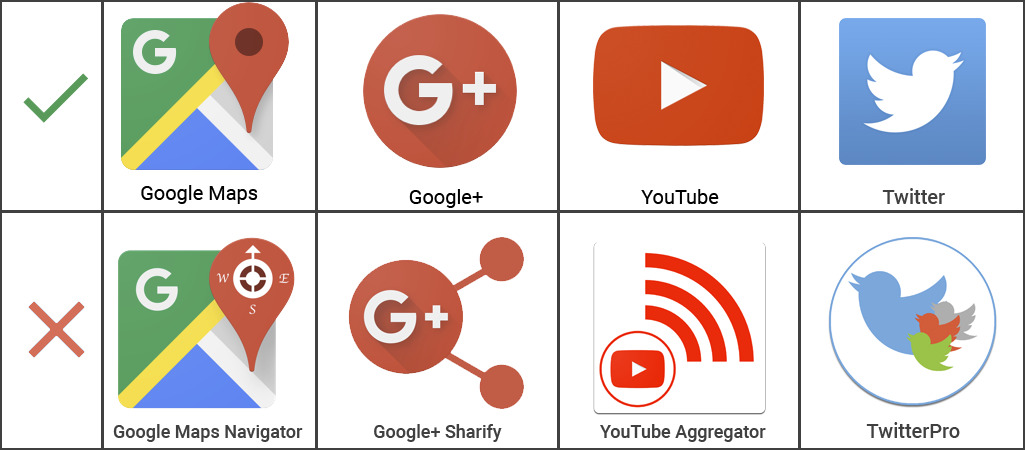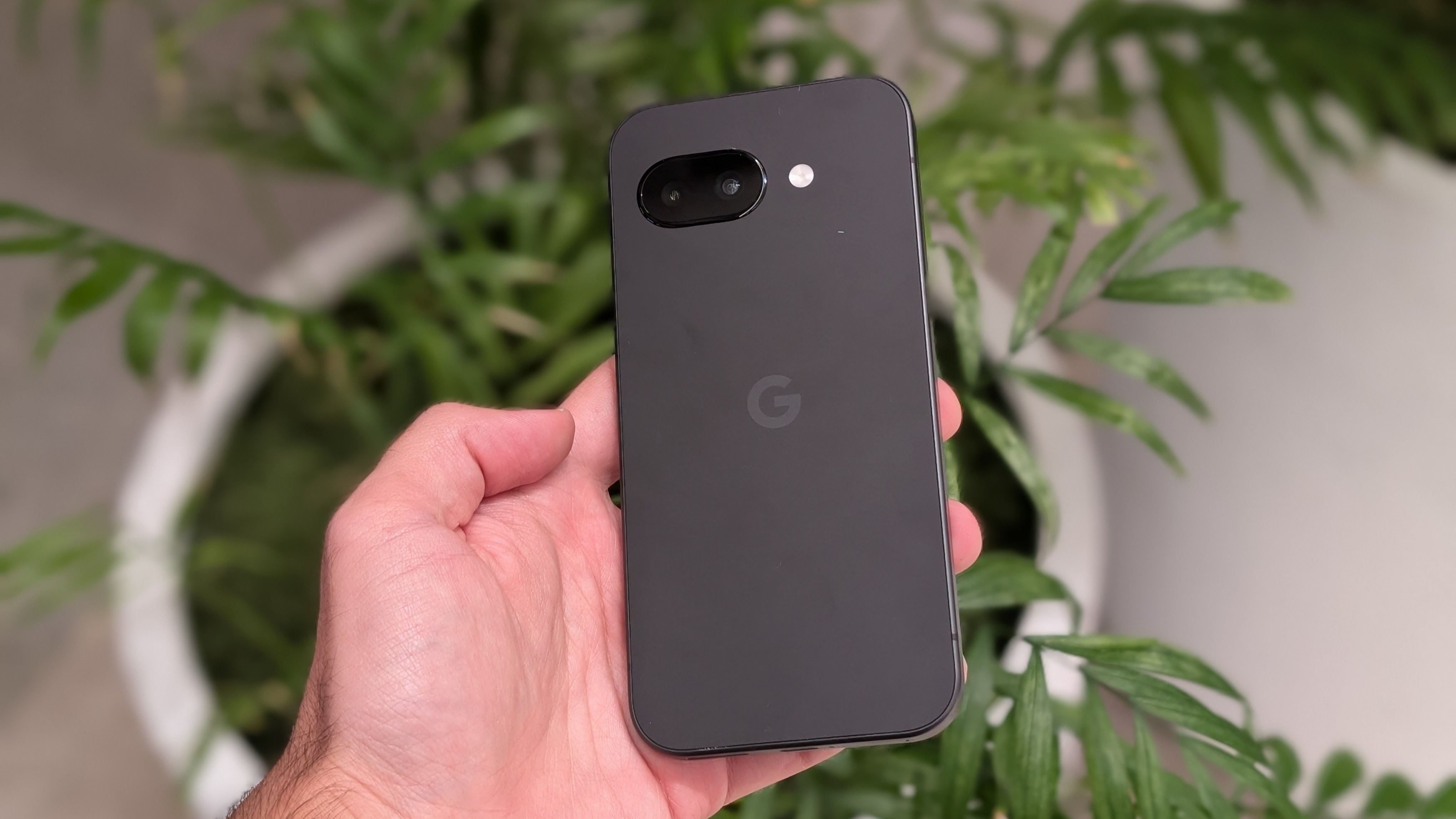Play Store policy updates to bring an end to misleading apps, annoying full-screen ads
The Play Store is about to make apps a bit better.

Get the latest news from Android Central, your trusted companion in the world of Android
You are now subscribed
Your newsletter sign-up was successful
What you need to know
- Google has updated some Play Store policies.
- These policies target apps made to look like other, more popular apps while also banning apps containing misleading health information.
- One new policy aims to make it easier for consumers to opt-out of subscriptions, while another seeks to improve in-app ads.
- These Play Store policies will take place in the coming months.
Google's Play Store is constantly evolving in order to tackle some of the biggest problems with Android apps. The latest changes were recently revealed and aim to make your favorite Android apps a little better with some much-needed policy updates.
Google clarifies one policy on health misinformation, which prohibits apps from containing "misleading health claims that contradict existing medical consensus." This is notable as the COVID-19 pandemic continues to affect communities while Monkeypox begins spreading to more areas.
Additionally, Google is clamping down on apps that mislead users or impersonate other, more popular apps. This includes implying a relationship with a company or entity or using app icons too close to that of another application.

This seems to relate to another policy Google announced last year, which aimed to clean up app titles and icons.
Another policy update ensures that apps will make it easy for users to cancel their subscriptions if they're offered in an app. As of September 30, apps must provide an "easy-to-use, online method to cancel the subscription" or a link to Google Play's Subscription Center. However, it's the developer's responsibility to inform users of their refund policies.
One change users will likely appreciate is Google's policy on in-app ads. From September 30, apps are prohibited from showing those annoying full-screen interstitial ads that appear randomly during gameplay or during an app's loading screen.
Google explains that these ads are okay if a user has opted into one:
Get the latest news from Android Central, your trusted companion in the world of Android
"This policy does not apply to rewarded ads which are explicitly opted-in by users (for example, an ad that developers explicitly offer a user to watch in exchange for unlocking a specific game feature or a piece of content)."
You can read more about the updated policies on the Google Play support page.

Derrek is the managing editor of Android Central, helping to guide the site's editorial content and direction to reach and resonate with readers, old and new, who are just as passionate about tech as we are. He's been obsessed with mobile technology since he was 12, when he discovered the Nokia N90, and his love of flip phones and new form factors continues to this day. As a fitness enthusiast, he has always been curious about the intersection of tech and fitness. When he's not working, he's probably working out.

